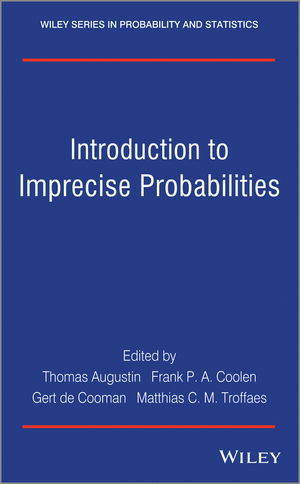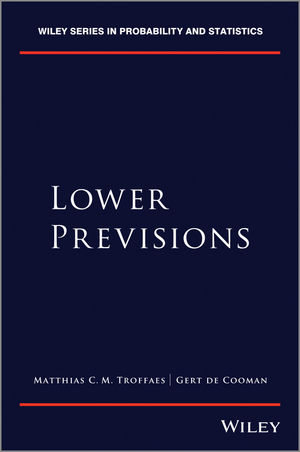20–24 July 2015, Pescara, Italy
Preparing Your Presentation
General ideaEvery paper is first presented in a short plenary presentation consisting of a 10 minute talk followed by 5 minutes for questions and discussion and afterwards in a poster session on the same day. Authors of poster-only contributions will be provided with the opportunity to raise attention for their poster in a one minute presentation. |
Best Poster AwardEvery symposium participant will have the opportunity to vote for the best posters presentations, where both quality of design and quality of the explanations can be considered. The authors of the best posters will be awarded a prize to honor their creation and presentation effort. The following books, provided by our sponsors Springer and Wiley, will constitute the prizes:
|
Presentation of a paper in a plenary sessionFor the plenary presentation of your paper, you have 15 minutes (strict), including 5 minutes for questions and discussion. So you should prepare a 10 minute talk. The main purpose of this plenary talk is:
The auditorium where the plenary sessions take place is equipped with:
In case you will use the beamer, please make sure to upload your file to the auditorium computer at the latest 15 minutes before the session starts. |
|
Short presentation of poster-only contributionsOn the day where your poster is scheduled, you will have the opportunity to make a presentation of one minute (strict) at the end of a plenary session, in which you may introduce yourself and present the main features of your contribution. You are not required to do this. You can use a single slide for your presentation. In that case, please make sure to upload your file to the auditorium computer at the latest 15 minutes before the session starts. |
|
Presentation of your posterThe poster sessions, taking place in the auditorium, will allow you to give a more detailed description of your contribution and are meant for discussions in smaller groups. Each regular plenary session will be followed by a poster session. Please bring your poster with you before the plenary session after which it will be presented. Hang it up, say 20 minutes before the start of that plenary session. Poster guidelines:
|
Poster Award Laureates
|










